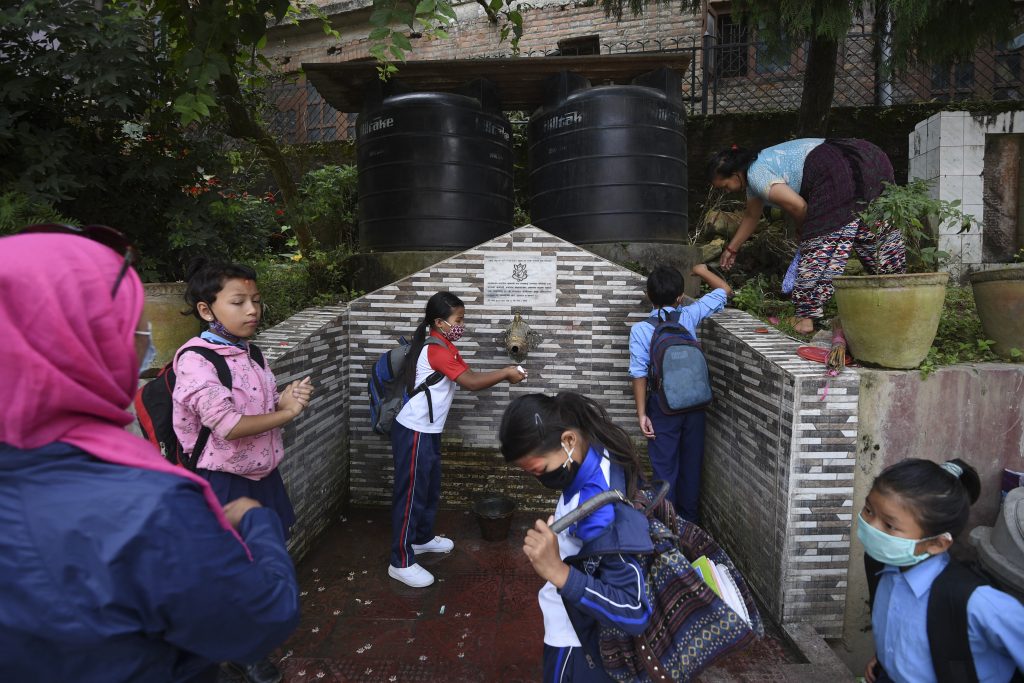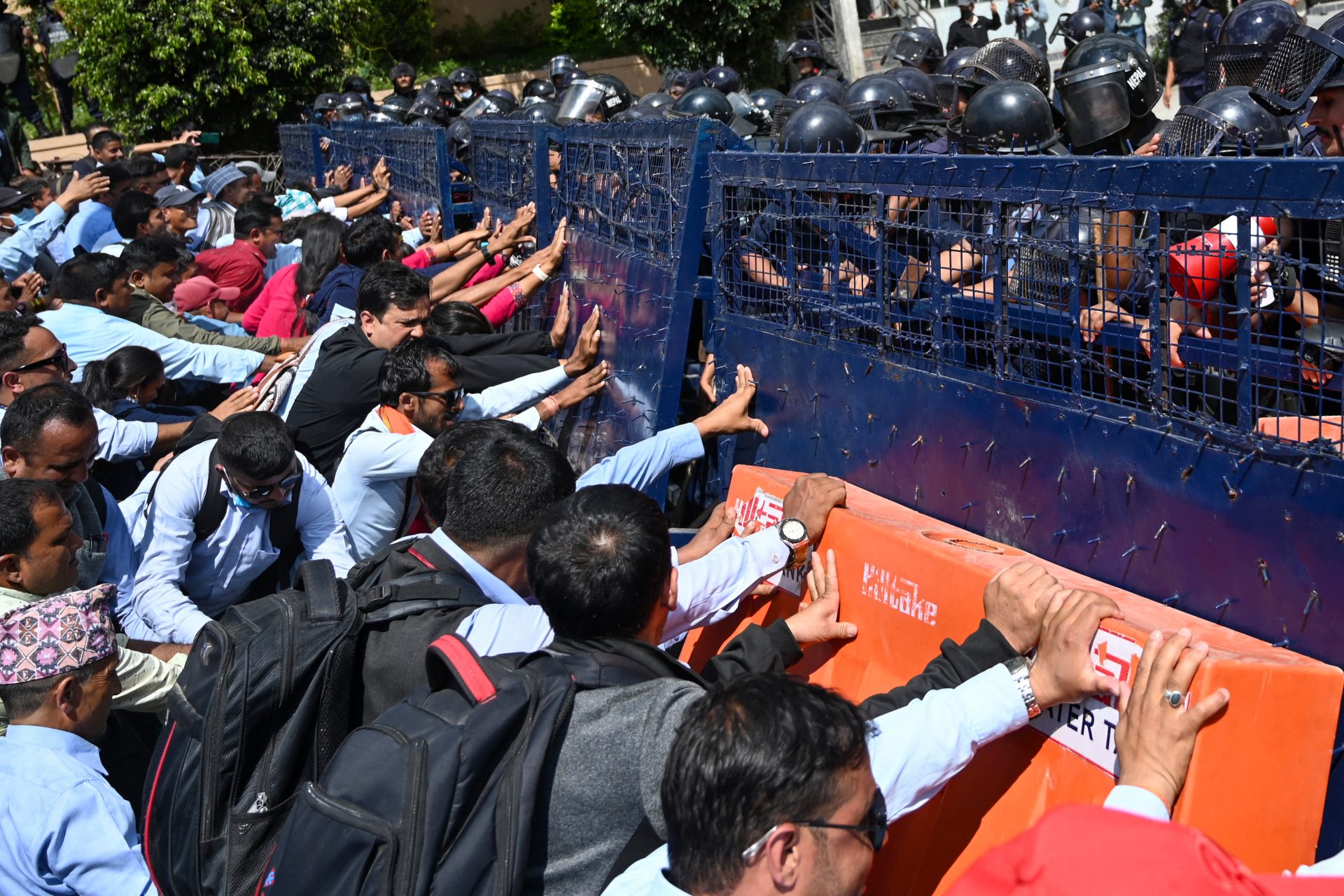As Nepal’s government advances a contested education reform bill, a Catholic priest has joined growing concerns about the country’s ability to provide inclusive education, particularly for children in remote and underserved areas.
“The main problem in Nepal is how to make the right to education accessible to children even in the most remote corners of the country,” said Father Pius Perumana, a priest of the Apostolic Vicariate of Nepal, which covers the entire country.
In an interview with Fides News Agency, Father Perumana stressed that despite constitutional guarantees and legislative progress, access to education remains deeply uneven.
“Despite the progress made, challenges such as poverty, social exclusion, and gender bias continue to compromise children’s access to education,” he said.
He also welcomed one provision in the bill seeking to regulate private education institutions. He said one of the issues at stake is ensuring private schools are not profit-driven only.
The Nepal Teachers’ Federation has threatened nationwide protests if the Parliament fails to endorse the revised School Education Bill within a week.
The bill, which contains 163 sections and has received more than 1,700 amendments, underwent one and a half months of committee discussions.
However, the federation described the updated draft as “more regressive” than the original version submitted in September 2023.
Teachers are demanding fair wages, job security, and improved working conditions, arguing that these are critical to upholding every child’s right to quality education.
While Nepal’s 2015 Constitution guarantees free and compulsory education up to grade 8 and free education up to grade 12, systemic barriers persist.
The country has 11.5 million children in a population of 33 million, including nearly one million orphans. Children aged 0 to 14 account for 39% of the population, with about 3.5 million of school age between 8 and 12 years.

Education Minister Ashok Kumar Rai has announced a 211 billion Nepalese rupee allocation for the education sector in the upcoming fiscal year and said the government plans to place private schools under state regulation.
Faith-based institutions continue to play a vital role in bridging access gaps. According to the Statistical Yearbook of the Catholic Church (as of December 31, 2023), the Apostolic Vicariate of Nepal—with a Catholic community of about 8,000—runs 24 kindergartens (1,300 children), 29 primary schools (more than 13,000 students), and 25 secondary schools with 25,000 students from diverse ethnic and religious backgrounds.






